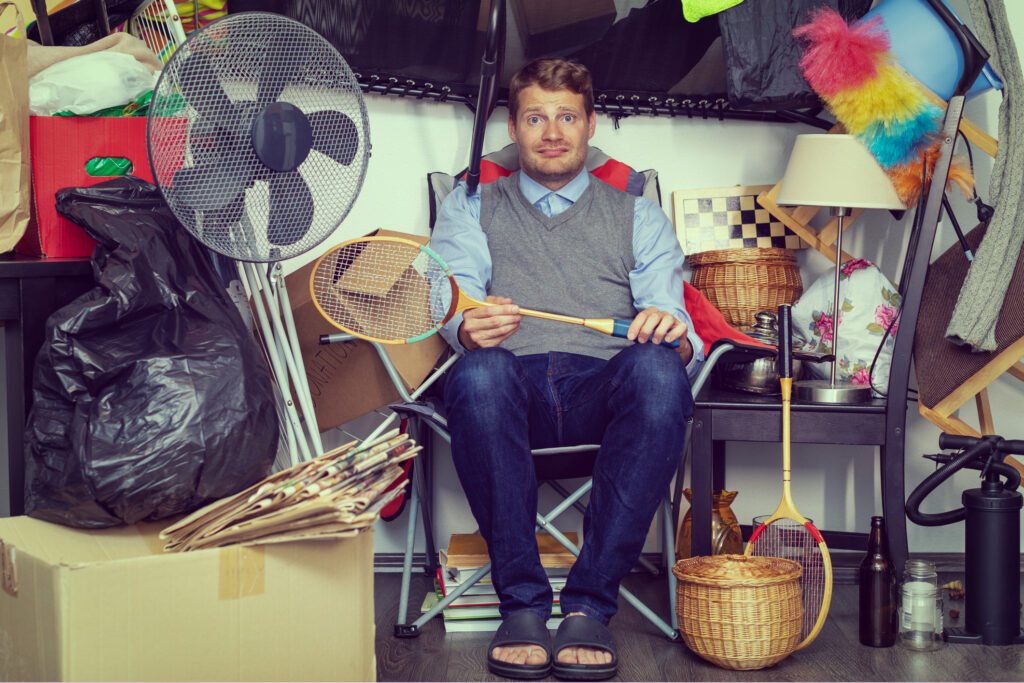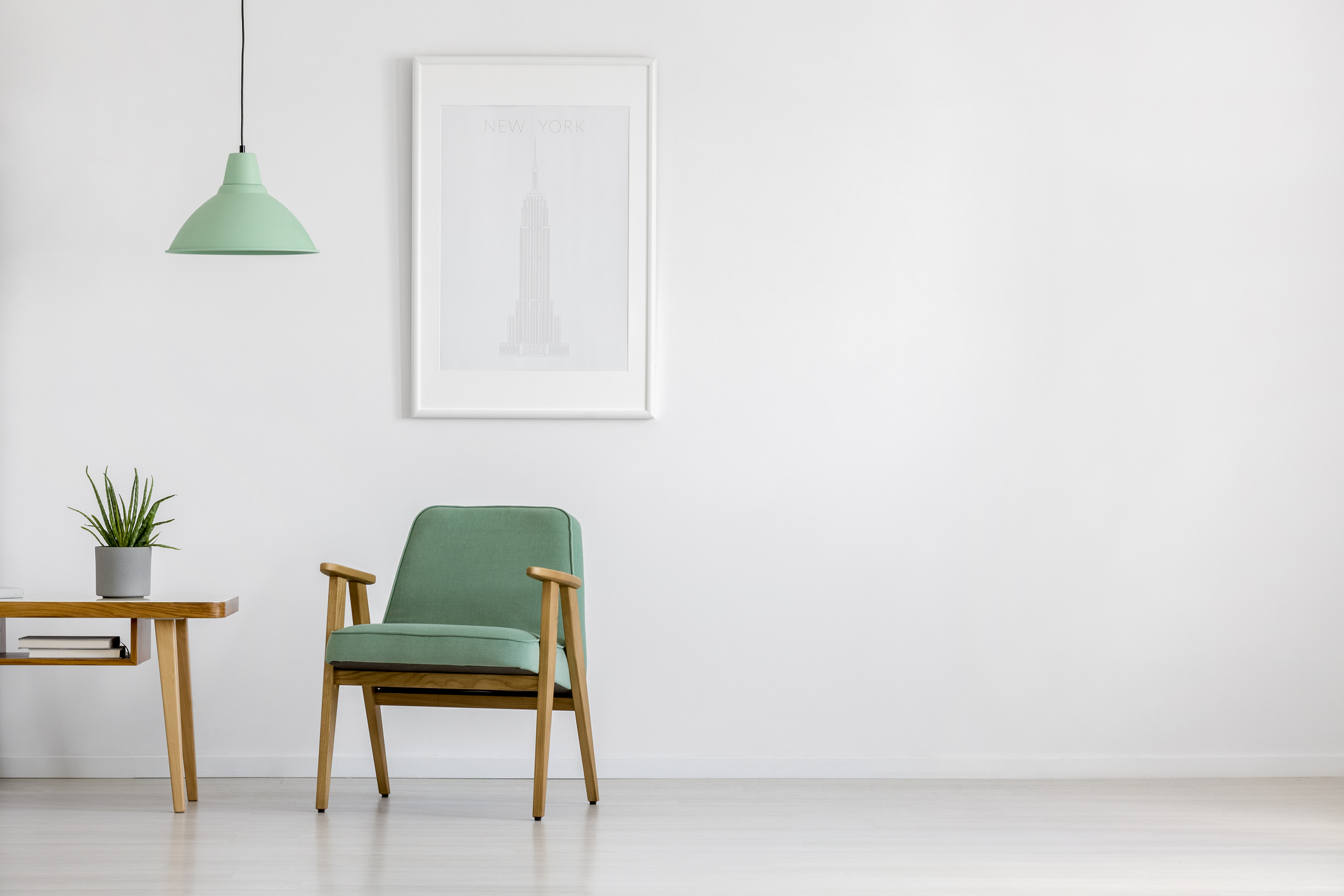Are you a pack rat with drawers, closets, or even entire rooms full of things you no longer use? While holding onto stuff may feel comforting, it could be taking up more space—and mental energy—than you realize.
Shifting from being a pack rat to a minimalist offers more than just a tidier home. It reduces stress, simplifies your life, and, most importantly, shrinks your carbon footprint. Let’s explore how to let go of unnecessary items and make sustainable choices in the process.
What is a Pack Rat?
A pack rat is someone who tends to accumulate and hold on to items, even when those items no longer serve a purpose. Whether it’s old gadgets, clothes you “might wear someday,” or stacks of unread magazines, the habit of collecting things can create more than just clutter. It can also affect your mental clarity, stress levels, and environmental impact.
Accumulating unnecessary items consumes resources—from production to transportation—and disposing of clutter improperly can lead to overflowing landfills. Tackling this habit offers more than just a tidier space; it’s a way to live sustainably.

Understanding Minimalism
Minimalism isn’t about throwing away everything you own. It’s about keeping only what adds value to your life. Shifting to a minimalist lifestyle encourages mindfulness about what you buy and helps reduce unnecessary waste. With less clutter, you’ll have a clearer mind, cleaner space, and more time to focus on what really matters.
Steps to Declutter and Minimize
- Start Small: If the idea of cleaning out everything feels overwhelming, begin with one area, like a closet or drawer. Break it into small tasks to build momentum.
- Use the “One-Year Rule”: Haven’t used an item in over a year? It’s time to let it go. Items that haven’t seen the light of day likely won’t be missed.
- Donate or Sell: Instead of throwing away your belongings, donate usable items to local charities or sell them online. This reduces landfill waste and gives your stuff a second life.
- Recycle Where Possible: Electronics, old clothes, and broken appliances don’t have to end up in the trash. Research recycling programs in your area to dispose of these items responsibly.
- Adopt a “One In, One Out” Rule: To avoid becoming a pack rat again, commit to this rule: for every new item that comes into your home, one must go out. This habit will keep your space manageable long-term.
How Decluttering Reduces Your Carbon Footprint
Minimalism has a direct impact on the environment. Living with less reduces your consumption, which helps lower your carbon footprint. Here’s how:
- Less Waste Production: You’ll throw away fewer things, which means less garbage heading to landfills.
- Lower Energy Consumption: Minimalist homes are often smaller and require less energy to heat, cool, and maintain.
- Reduced Demand for Manufacturing: Buying less reduces the demand for production, cutting down on emissions from factories and transportation.
- Encourages Sustainability: Minimalism promotes reusing and repurposing, which helps reduce the need for new products.
If you shift away from the pack rat mentality, you’ll not only clear up your space but also contribute to a cleaner, greener planet.
Sustainable Decluttering Tips
- Swap or Borrow Instead of Buying New: Before purchasing something new, ask if you can borrow it from a friend or participate in a local swap event.
- Buy Second-Hand: Whenever you do need something, check thrift stores or online marketplaces. Buying used items extends the life of products and reduces manufacturing demands.
- Choose Sustainable Materials: Replace plastic items with eco-friendly alternatives like bamboo, metal, or glass when possible.
- Use Multi-Purpose Items: Invest in items that can serve more than one function. For example, a sofa bed saves both space and money.
- Digitize Where Possible: Instead of hoarding paper documents and photos, digitize them. This will free up physical space while still keeping your memories intact.
Breaking the Pack Rat Cycle
Old habits can creep back in, but with a few lifestyle tweaks, you can avoid slipping into the pack rat mindset:
- Perform Regular Decluttering: Set a schedule to declutter your home once a season.
- Avoid Impulse Purchases: Before buying, ask yourself if the item adds value to your life.
- Get the Whole Family Involved: Encourage minimalism among family members, especially kids, by teaching them the value of less.
- Simplify Gift-Giving: Focus on experiences or consumable gifts instead of material goods.
Going from pack rat to minimalist won’t happen overnight. It’s a gradual process that requires patience and commitment. But the payoff is huge. You’ll have more mental clarity, fewer things to manage, and the satisfaction of knowing you’re doing your part for the planet. Each item you release reduces your environmental impact, and every thoughtful decision gets you closer to a simpler, more sustainable lifestyle.
Declutter Today, Relax Tomorrow with Aloha Junkman!
Feeling overwhelmed by too much stuff? Let Aloha Junkman help lighten the load! We provide quick and eco-conscious junk removal services across Honolulu, Kaalawai, Mililani, and surrounding areas, so you can focus on what matters. From outdated furniture to unwanted electronics, we ensure everything is either donated or properly recycled to keep it out of landfills.
Don’t wait—take the first step toward a cleaner, greener home. Call Aloha Junkman today and start your journey to a clutter-free, sustainable tomorrow!

FAQs
How do I start decluttering without feeling overwhelmed?
Start with one small space at a time, such as a drawer or a closet, and focus on progress rather than perfection.
What should I do with items I no longer need?
Donate, sell, or recycle items whenever possible to keep them out of landfills.
Can decluttering really reduce my carbon footprint?
Yes! Owning fewer things means less waste, lower energy consumption, and reduced demand for new products.
How do I stop accumulating clutter again?
Adopt the “One In, One Out” rule—whenever you bring something new into your home, get rid of an existing item.
Does minimalism mean I have to get rid of everything?
No. Minimalism is about keeping only what adds value to your life, not getting rid of everything.







